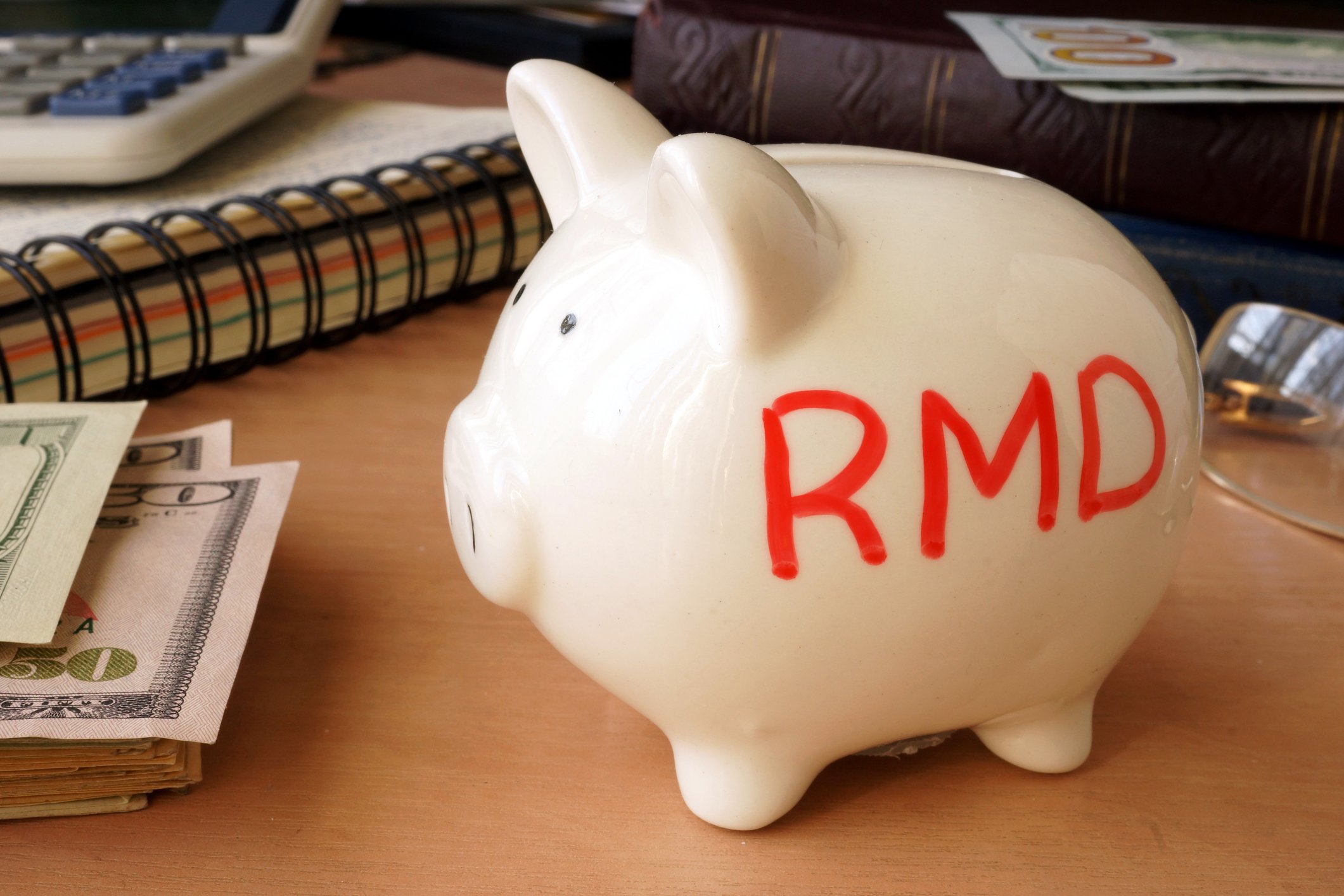Student debt has long been a giant thorn in Americans' collective side, and the problem only seems to be getting worse. The average graduate last year came away with $39,400 in student debt, according to Student Loan Hero. All told, Americans owe over $1.48 trillion in student loans, with an estimated 44 million individual borrowers on the hook in one way, shape, or form.
But while having loan payments is no doubt a bummer, it's also a strain on younger workers' financial resources -- so much so that it's interfering with their major goals. In fact, 77% of millennials say that student debt has prevented them from saving for retirement, buying a home, and even getting married, according to data compiled by MissionU.

Image source: Getty Images.
If you're drowning in student debt, you should know that you don't have to suffer financially for years on end because of it. You just need to get a handle on that debt and learn to work around it.
1. See if your payment plan has some wiggle room
If you borrowed money for college privately, you may not have many options for repaying that debt. But if you took out federal loans, you might manage to lower your payments, thus freeing up more of your income to help meet other goals.
Most federal loans come with a 10-year repayment period, but if you're having difficulty swinging your monthly payments under that setup, you can see if you qualify for an income-based repayment plan instead. Depending on what you earn, this could slash your monthly payments significantly, though you'll need to consider the drawbacks as well -- namely, extending the life of your loan. Still, it's a good option to pursue if you're struggling to keep up at present.
2. Keep your living costs to a minimum
Living as cheaply as possible is a good way to make progress on your student loans. If you have the option to live at home post-college, do it -- especially if your parents are willing to not charge you rent. If that's not an option, share an apartment rather than rent on your own, or live in a less desirable neighborhood to keep your housing costs to a minimum.
Similarly, if you live someplace with public transportation, don't get a car unless you somehow need one for work purposes. It costs $8,700 a year, on average, to own your own vehicle, so if you can get around with a transit pass at a fraction of that cost, it'll free up more money for you to pay toward your loans, or meet the other goals you have in mind. Of course, there are dozens of examples of ways you can live a less expensive lifestyle, but since housing and transportation are two major expenses, it's good to start there.
3. Work a side hustle
Even if you're willing to live a relatively frugal lifestyle, it's conceivable that after paying your basic bills and making your loan payments, there's not much money left over to apply to other objectives, such as funding your retirement plan or saving for the wedding you're hoping to have. That's why your best bet may be to boost your earnings by working a side hustle.
The beauty of a side hustle is that it's pure extra money, which means you should have the flexibility to use it as you see fit. If you're looking to boost your retirement plan savings and pocket an extra $5,000 a year from your side hustle, you should have no problem sticking that cash directly into your IRA. If you're eager to buy a home, that additional money can help comprise your down payment. Though managing a side hustle will take some effort, it's a smart move when you're young and have the energy to push yourself a bit harder.
While it's easy to see how carrying student debt might thwart your financial objectives, the fact of the matter is that you don't need to let it. Look into a repayment plan that better aligns with your budget, live modestly while you're still making those monthly payments, and get yourself a side hustle to ensure that your major goals don't fall by the wayside. It's a far better bet than wallowing in your loan-induced misery and regretting your decision to borrow that money in the first place.





